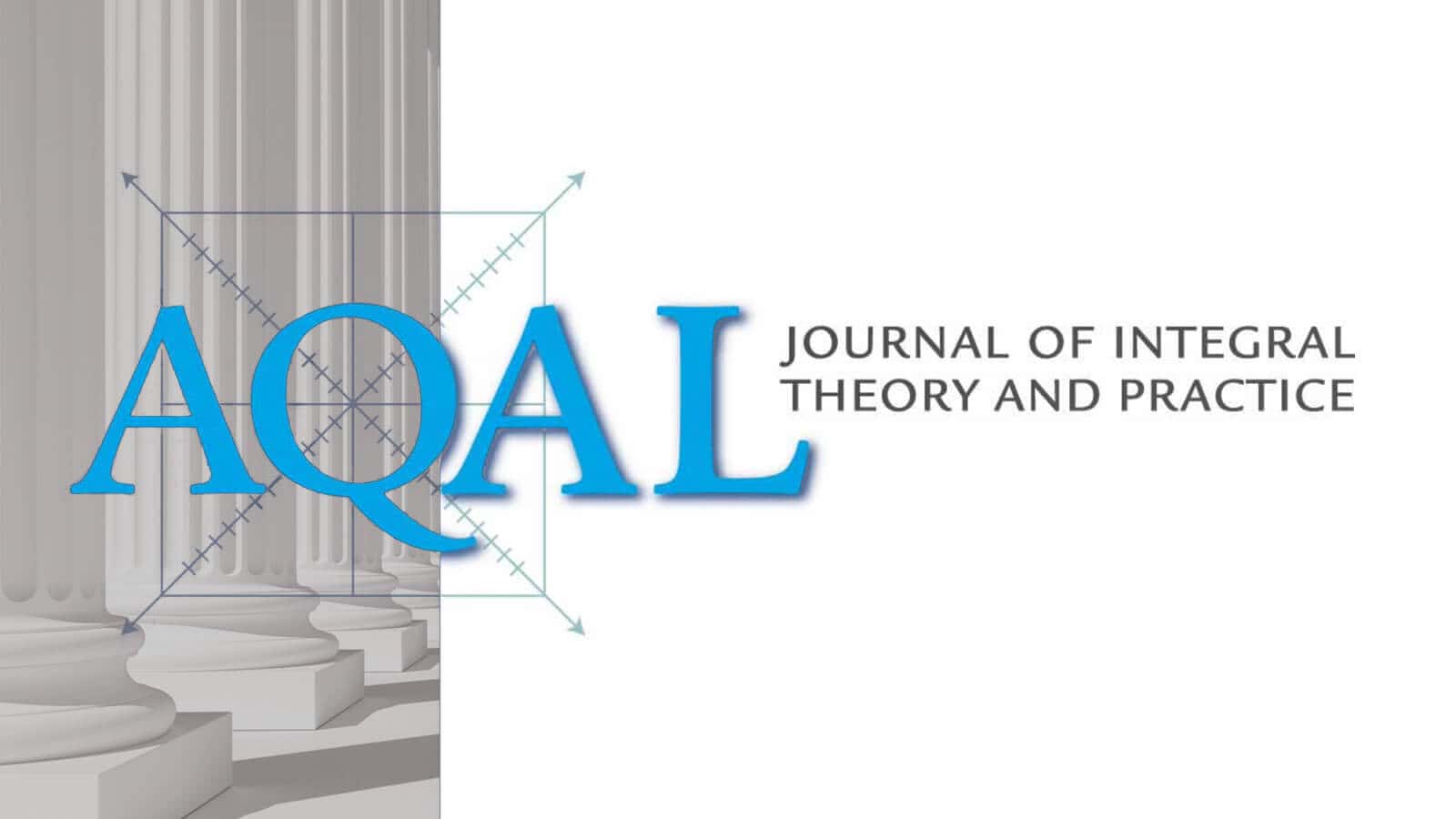For many the practice of law is a dissatisfying experience. By providing a more comprehensive, AQAL vision for the practice of law, I speculate that lawyers can gain more satisfaction and meaning from their profession.
Introduction
In 1999, the American Bar Association released a study on the U.S. justice system. Unfortunately, the news for lawyers was not good. The public perceives that lawyers care more about themselves than they do their clients. Many believe lawyers lack a commitment to community and service. It seems that the public does not trust us.
The lawyer’s own experience does not fare much better. Lawyers often struggle with finding meaning in their work, or alternatively, they have meaningful work but it does not pay the bills. Surprisingly, lawyers that work for large private firms (and make the most money) are the least satisfied in their field. On the other hand, public sector attorneys make the least amount of money but feel most fulfilled. It is financially difficult for public sector attorneys to retain this meaningful work as the cost of living rises; yet the thought of working for a private firm, for a hundred hours per week, with little meaning and satisfaction, is just as troublesome.
Because of the pressure we feel to make money, as attorneys we often focus on the exterior, material dimensions of reality and ignore our vivid interior dimensions. We seem addicted to exterior reward, and so we overlook what brings us meaning and happiness (unless, of course, exterior reward and money bring us happiness). This existence can be narrow and self-centered, and our clients suspect it. Day after day, we dress sharp, make lots of money, and yet we often feel dull, perhaps because we ignore what is going on inside ourselves, our clients, and the people at our firm. Thus, until we connect these two dimensions of the exterior world and our interior selves, we will continue to feel fractured, dissatisfied, and unappreciated.
You must log in to your Integral Life membership account in order to access this Journal article.
Become a member today to access this Journal article and support the global emergence of Integral consciousness
Membership benefits include:
Premium Content
Receive full access to weekly conversations hosted by leading thinkers

Journal Library
Receive full access to the growing Journal of Integral Theory & Practice library

Live Experiences
Stay connected by participating in Integral Life live events and discussions
Courses & Products
Get unlimited 20% discount off all products and courses from our friends and partners

Free Bonus Gifts
Download The Integral Vision eBook by Ken Wilber (worth $19 on Amazon) & The Ken Wilber Biography Series

Support of the movement
Support our mission of educating and spreading integral consciousness that is more critical than at any time in its history
About Mark Fischler
Mark Fischler is a Professor of Criminal justice and current program coordinator for the criminal justice and criminology programs at Plymouth State University. Prior to joining the Plymouth State faculty, he practiced law, representing poor criminal defendants for the New Hampshire Public Defender’s Office. Mark has worked extensively with alternative theoretical models in law, constitutional law, and higher education, and has published on integral applications to teaching, being a lawyer, and legal theory. His focus in the classroom is ethics and criminal procedure, and is well respected for a teaching philosophy that emphasizes recognizing the humanity and dignity of each student. Professor Fischler was awarded the outstanding teaching award at his university in 2014. He currently offers a weekly Spiritual Inquiry class through Satya Yoga Studio.


